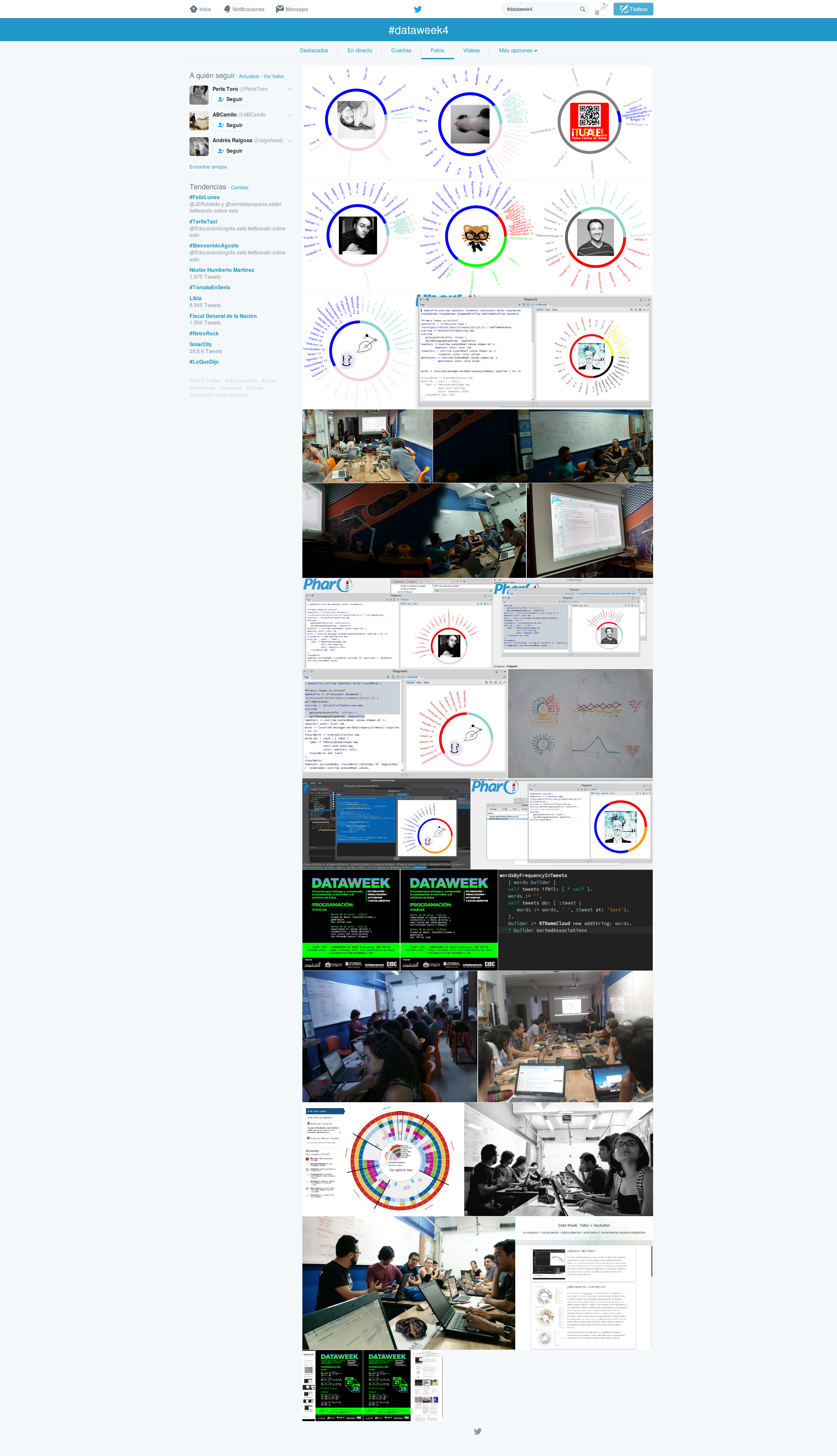Wadman, M. (2021). Antivaccine activists use a government database on side effects to scare the public. Science. https://doi.org/10.1126/science.abj6981
is:article
lang:en
COVID-19
antivaccine
activism
anti-vaxxer
government
data
database
science
Fox News
vaccine
misinformation
bad science
VAERS
Vaccine Adverse Events Reporting System
USA
side-effects
misleading
CDC
Centers for Disease Control and Prevention
public
blood clots
vaccine-safety
false
misinterpretation
